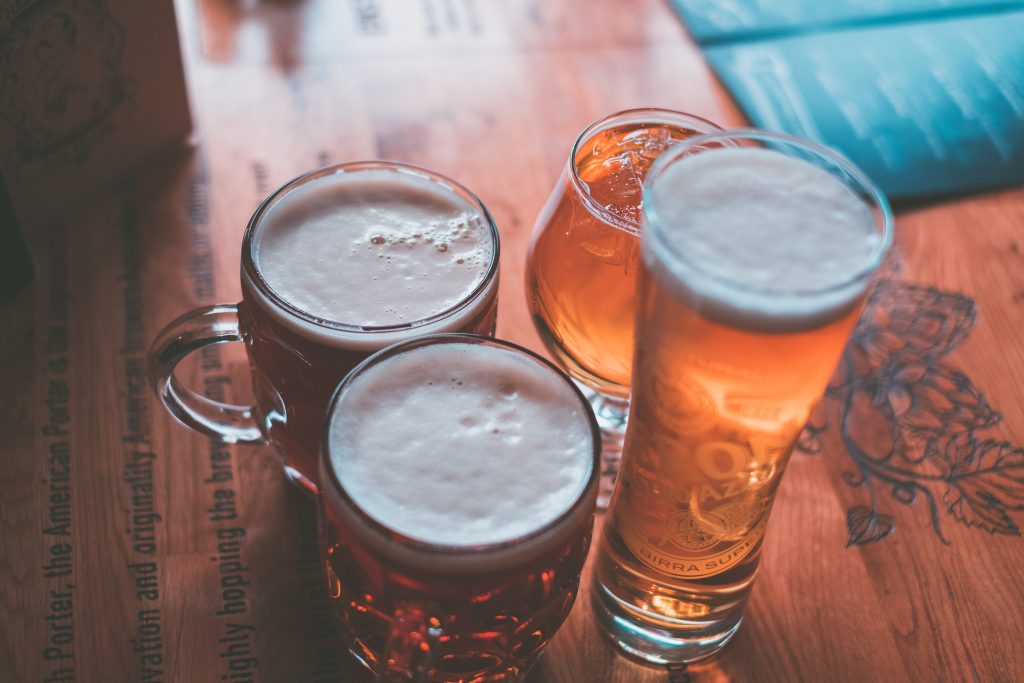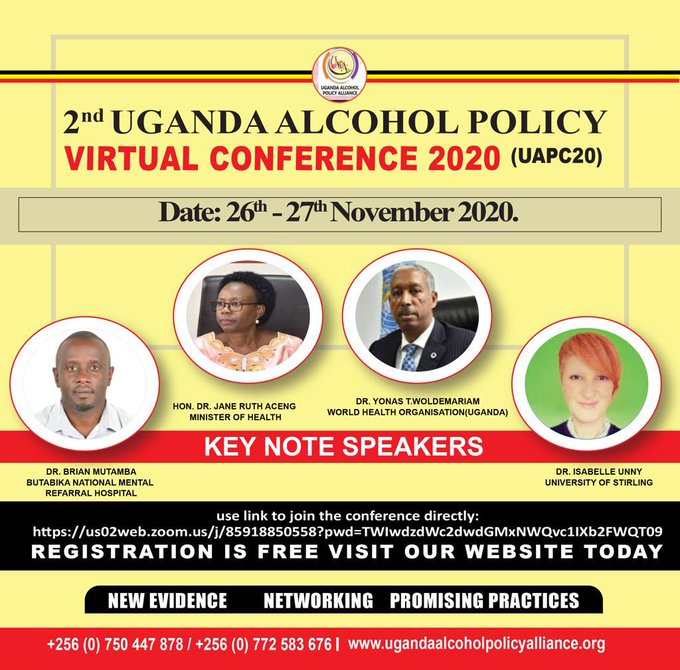Home » Posts tagged 'Alcohol'
Tag Archives: Alcohol
More accurate estimates for the burden of Alcohol on the Ambulance Service: around 1 in 6 callouts in Scotland are alcohol related
Written by Francesco Manca and Professor Jim Lewsey, University of Glasgow and Professor Niamh Fitzgerald, University of Stirling and previously published on the Institute of Alcohol Studies website
More than 16% of ambulance callouts in Scotland were alcohol-related in 2019. This is what we found in our new study using data provided by the Scottish Ambulance Service (SAS) and is three times higher than previous estimates. The burden was even higher over weekends (18.5%), peaking on Friday and Saturday nights when the percentage of alcohol-related callouts was 28%.
Alcohol and emergency services
Alcohol constitutes a significant burden on emergency services in the UK, with the potential to undermine or delay emergency service provision to other incidents. This is also true for ambulance services, which often represent patients’ first – and sometimes only – contact with health services. However, there are concerns that current estimates underestimate the actual burden of alcohol for ambulance services.
The study
In a collaboration between the University of Glasgow, SAS, University of Stirling and University of Sheffield, we developed a new approach to identifying alcohol-related ambulance callouts. The approach involves a new algorithm that is integrated into SAS systems to automatically identify alcohol-related callouts using electronic patient records. After every callout, paramedics complete a patient record including free-text fields regarding the circumstances of the callout and patient characteristics. By looking at the most frequent combination of words in callout reports, we built an algorithm capable of classifying ambulance callouts as alcohol-related or not.
Findings
The new method not only provides a much more accurate estimate of the number of alcohol-related callouts, but also enables analysis of trends, location and demographic characteristics of such callouts. For instance, almost two thirds of alcohol-related callouts are to men, which is almost 20% of all ambulance callouts to men. A greater burden of alcohol-related call-outs were to locations in areas with high levels of socio-economic deprivation and on bank holidays, with a peak on the 1st of January which has on average 200 more callouts compared to any other day of the year in Scotland. Beyond the clinical and logistical effort, these callouts also give rise to an economic burden. Our estimate, based on the average cost of an ambulance call-out, is that in 2019 alcohol-related callouts cost almost £31.5m to SAS.
This study adds to the evidence base around the impact of alcohol on society. Furthermore, these data can be used to monitor trends over time and inform alcohol policy decision making both at local and national levels. We are also aware of the potential of similar approaches in other contexts (e.g. ambulance services outside Scotland) or agencies (such as the police) doing similar work.
This work is part of the IMPAACT (The Impact of Minimum Unit Pricing of Alcohol on Ambulance Call-outs in Scotland) study led by Professor Niamh Fitzgerald at the University of Stirling. The work was funded by the Scottish Government Chief Scientist Office (HIPS 18/57) and published in the International Journal of Environmental Research and Public Health.
New evidence review: alcohol screening and brief intervention in primary health care
A new open-access paper in Implementation Science, co-authored by ISMH colleagues, is the first review worldwide to identify the theoretical underpinnings of what keeps primary healthcare doctors and nurses from advising alcohol consumers on cutting down.
Alcohol is a leading global risk factor for disease and premature death. Evidence shows that although many drinkers would cut down or stop drinking if advised to do so by a primary health care doctor or nurse, the vast majority of them leave their primary care appointment without being screened and/or advised.
The study, led by Dr. Frederico Rosário of the University of Lisbon, was a systematic review of the literature to identify the barriers and facilitators to the delivery of alcohol screening and brief interventions in primary care. Alcohol brief interventions are short, non-confrontational conversations aiming to motivate drinkers to reduce their consumption and/or their risk of harm. Alcohol brief interventions have historically been preceded by the use of a screening questionnaire to assess an individual’s consumption level and risk of alcohol problems. The authors used behaviour change theory to provide a better understanding of how the barriers could be addressed in order to change practitioners’ behaviour.

The review found multiple barriers to implementation of alcohol screening and brief intervention delivery. Lack of time, low sense of self-efficacy (confidence in their abilities) and lack of specific knowledge and training were among the most commonly found. The findings show the multiple factors underpinning the low delivery of alcohol screening and brief interventions by primary care practitioners, suggesting that more complex implementation programmes addressing several barriers may be needed to successfully change practitioners’ behaviour. The findings from this study were used to design and trial a programme to increase the rates of alcohol screening and brief intervention delivery in primary care, the results of which are expected soon.
Dr. Frederico Rosário led the study and was co-supervised in his PhD by ISMH Director, Niamh Fitzgerald and Cristina Ribeiro of the University of Lisbon. This review also involved ISMH’s information specialist Kathryn Angus, and colleagues Maria Inês Santos of the Hospital Casa de Saúde São Mateus and Leo Pas of the Catholique University of Leuven. Link to the open-access paper: https://doi.org/10.1186/s13012-020-01073-0
Mitigating alcohol harm in Sub-Saharan Africa

ISMH’s Dr Isa Uny presented to and attended the 2nd UGANDA ALCOHOL POLICY (VIRTUAL) CONFERENCE (UAPC20)“Mobilising Partnerships and Community Action for A Society Free from Alcohol Harm” on 27th November. The Conference was attended in Uganda and virtually by 120 global delegates from Governments, NGOS, and other alliances working to minimise harmful alcohol consumption. Isa introduced ISMH’s upcoming AHRC funded study “Regulating alcohol packaging and supply to protect health in Sub-Saharan Africa: evidence from policy systems in Malawi and Uganda”. This project will explore the recent ban of alcohol sachets in Malawi and Uganda (alcohol sachets are small and cheap and have led to harmful consumption amongst the poorest in both countries). Through stakeholders interviews and community focus group discussions, the project will aim to understand: the adoption and formulation of the bans; what mechanisms for implementation were proposed and put in place; how the bans were enforced in practice; and any explanations for intended and unintended consequences of the bans. The outline of the project was well received by those present at the conference and Isa made some useful contacts ahead of starting the project in 2021 (#UAPC20).
